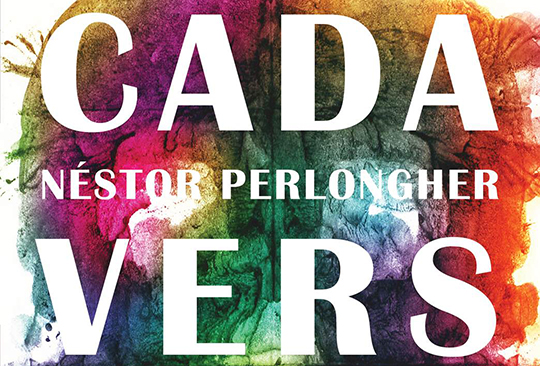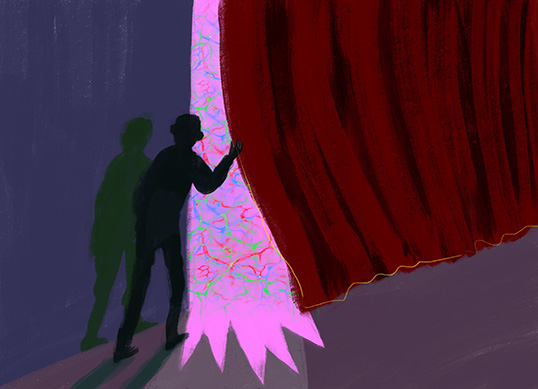Cadavers, by Néstor Perlongher, translated from the Spanish by Roberto Echavarren and Donald Wellman, Cardboard House Press
“In the nets of fishermen
In the tumbling of crayfish
In she whose hair is nipped
by a small loose hairclip
There Are cadavers.”
0. Cadavers is the best-known poem by Argentinian Néstor Perlongher and it is one of the representative works of a Latin American postmodern poetry movement dubbed neobarroco, Neo-Baroque. José Kozer, a Cuban poet, describes neobarroco as: “The second line [of Latin American poetry; the first one is a thin, familiar line], meaning the thick line, I associate with international poetry, a stronger convergance and diversity, indeed more opaque, but, in spite of its thickness, more encompassing. This international poetry includes aspects of twentieth Century [North] American poetry, as well as a basic source rooted in the Spanish Golden Age Baroque, Góngora, and Quevedo above all.” Poetry that is written with a thick line demands texts about it to be thick-lined as well. The following text is my attempt at complicating the all-too-familiar form of the book review. There Are Cadavers.


